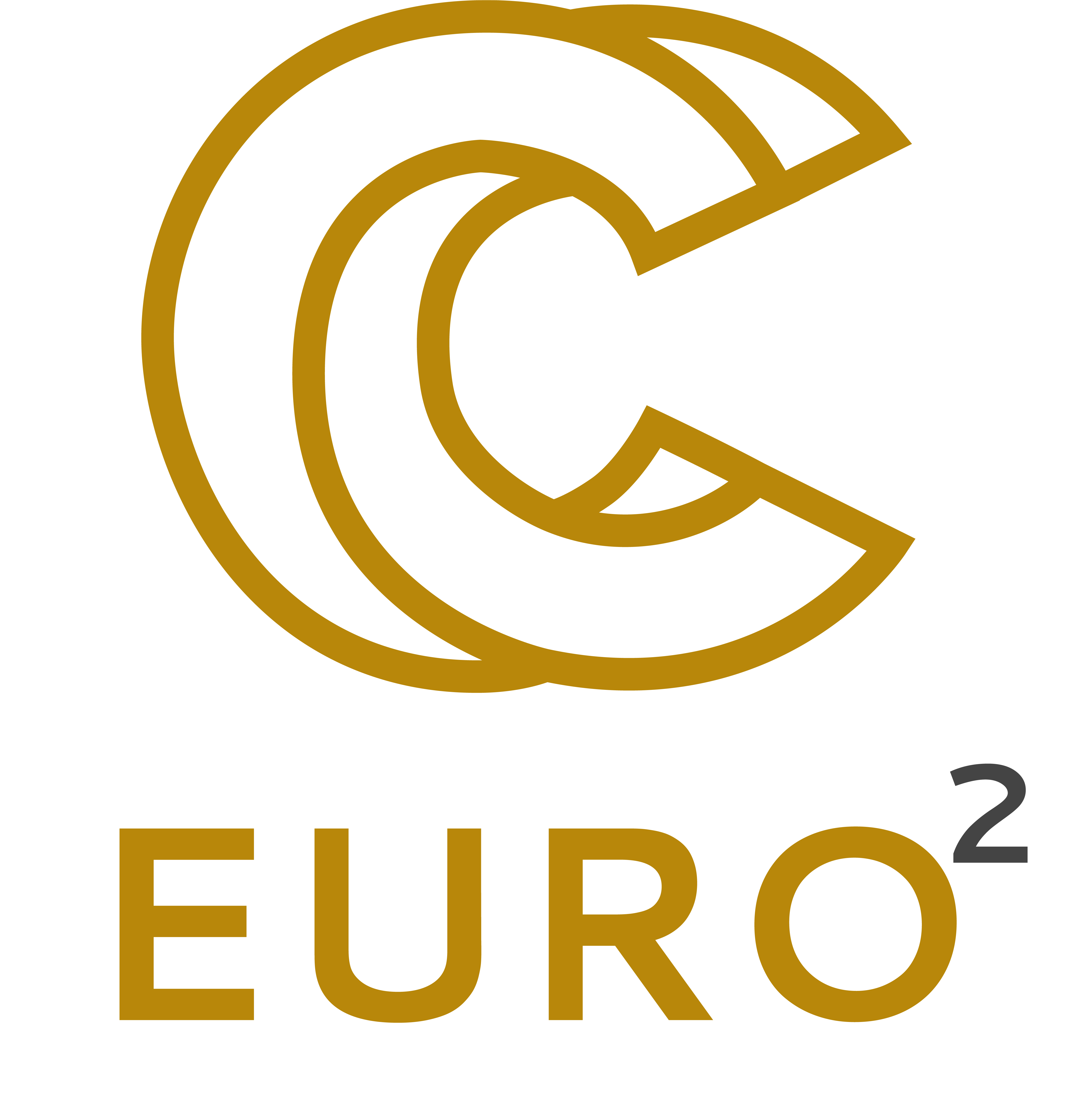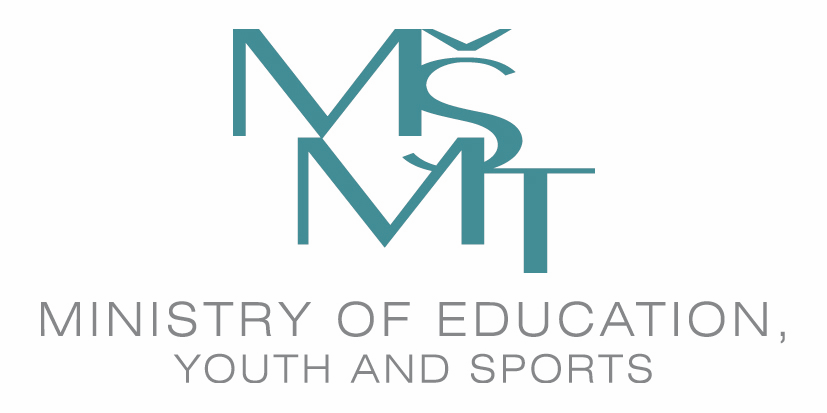
Annotation
During the workshop, two basic types of Variational Quantum Algorithms (VQA) will be introduced: the Quantum Approximate Optimization Algorithm (QAOA) and the Variational Quantum Eigensolver (VQE). It will also show how to convert real-world problems into Quadratic Unconstrained Binary Optimization (QUBO) form and how QAOA can then be used to solve them. Similarly, the practical use of VQE will be shown. The focus will be mainly on solving linear systems of equations, optimisation of power grids, or examples from quantum chemistry.
Benefits for attendees, what will they learn
Attendees will gain an overview of the field of variational quantum algorithms. They will be introduced to applying these algorithms to solve real-world problems.
Agenda
Quantum Approximate Optimization Algorithm and its Applications
Speaker: Jiří Guth Jarkovský (IQM Germany)
The talk begins with thoroughly describing the Quantum Approximate Optimization Algorithm (QAOA), one of the most prolific quantum variational algorithms. We will discuss the theoretical basis of QAOA, its connections to quantum annealing and its implementation, e.g. the form of the quantum circuit. Out of the box, QAOA is designed to solve Quadratic Unconstrained Binary Optimization (QUBO) problems. We will describe various techniques to transform real-world problems into the QUBO form or adjust the QAOA. Finally, we present an overview of IQM's research into QAOA as well as other variational algorithms.
The talk is designed for people with a basic understanding of quantum computing (qubits, gates, quantum operators, state vectors, measurements).
About the speaker: Jiří Guth Jarkovský completed his PhD at the Max Planck Institute of Quantum Optics in the group of Ignacio Cirac. His thesis combined areas of quantum information theory and quantum many-body physics. After finishing his studies, he joined the Applications & Algorithms team at IQM Germany, where he works as a quantum application engineer, researching the potential uses of quantum computers across various fields.
Harnessing Quantum Algorithms for Efficiently Solving Linear Systems of Equations
Speaker: David Maier (SURF)
In the evolving realm of quantum computing, solving linear systems of equations with enhanced efficiency has garnered much interest. This talk introduces a framework that addresses such computational challenges using the Harrow-Hassidim-Lloyd (HHL) and Variational Quantum Linear Solver (VQLS) algorithms to address such computational challenges. While HHL offers the potential for exponential speed-up, practical implementation challenges, particularly concerning qubit requirements and error rates, limit its near-term feasibility. Concurrently, VQLS, a hybrid quantum-classical approach, provides a robust methodology for solving linear systems on noisy, near-term quantum devices, circumventing some limitations of contemporary quantum computing. We aim to provide a comparative exploration of these algorithms, examining their applicability, strengths, and challenges in solving linear systems and their applicability to real-world problems.
About the speaker: David Maier studied physics at the Ludwig Maximilians Universität München, focusing on quantum physics, and finished his final project at TU Delft on atomic-ensemble-based quantum repeaters. After further researching this topic at the Wehner group, he joined the Quantum Computing and Networks efforts at SURF in 2023. His current work involves setting up Europe's first QKD network as a service and testing quantum linear systems algorithms.
Improving electric grid robustness with quantum solutions
Speaker: Niels Neumann (TNO)
Abstract: Electricity networks should be robust. A single network, called a configuration, should admit a reconfiguration by turning off some edges and turning on others, while still satisfying the network constraints, including the end-user demands. Robust networks have a valid reconfiguration for every failing edge. For some failing edges, reconfigurations require only a single edge to be turned on and are found easily. Other reconfigurations, those requiring more edges to be turned off and on, are harder to find. In this talk, we discuss the potential of a quantum annealing and a gate-based quantum computer approach to find valid reconfiguration. We consider real-world problems and discuss the benefits that quantum computers can offer.
About the speaker: Niels Neumann works as a quantum scientist at the Netherlands Organisation for Applied Scientific Research. He helps companies and organisations to prepare for a future where quantum solutions are readily available, and new computational models can help solve some of the most complex problems encountered in practice. Part of his research focuses on near-term and constant-depth quantum computing, where he searches for solutions implementable on already available hardware.
Benchmarking variational quantum algorithms with a use case from quantum chemistry
Speakers: Mario Hernandez Vera (LRZ), Burak Mete (LRZ), Amit Jamadagni (LRZ)
Abstract: Variational quantum algorithms have gained prominence in the recent times as candidates that not only exploit the power of Noisy Intermediate-Scale Quantum (NISQ) devices but also provide a means to harness the combined computing power of High Performance Computing (HPC) and Quantum Computing (QC). In this talk, we introduce the notion of Variational Quantum Eigensolver (VQE) in the context of quantum chemistry for estimating the ground state energy of various molecules. To this extent, we review the notion of mapping the molecular Hamiltonian into a suitable form, thereby providing access to the computation of the ground state energy on a digital quantum computer. Further, we introduce various variational ansatz made up of digital quantum gates that aid in the evolution of the quantum wavefunction, which iteratively progresses to the desired ground state. Towards the end, we present a few benchmark results that profile the performance of various quantum simulators by employing the VQE algorithm on these simulators.
About the speakers:
Mario Hernandez Vera earned his Ph.D. in Physics in 2015 from the University of Le Havre (France), specialising in molecular quantum scattering and astrochemistry. His current research focuses on applying quantum algorithms and HPC tools to study the quantum properties of molecular systems. Mario currently works in the QCT department of the Leibniz-Rechenzentrum (LRZ). Previously, he has held research positions in the Department of Theoretical Chemistry at LMU and the Institute for Ion Physics and Applied Physics at the University of Innsbruck. In his role at LRZ, Mario is dedicated to supporting users in utilising LRZ's quantum technologies while actively engaging with the research community on topics related to quantum computing and HPC applications.
Burak Mete is a researcher at LRZ's Quantum Computing Team, and is currently pursuing his Ph.D. under the supervision of Prof. Dr. Christian Mendl at TUM's Quantum Computing Chair. He completed his M.Sc. degree in Computer Science at TUM in 2022. His research primarily centres on variational quantum algorithms, the quantum compilation stack, and the seamless integration of HPC with QC. He also taught as a tutor in several QC courses at TUM. Before his affiliation with quantum computing, he also had experience applying machine learning/deep learning methods to develop behaviour-based robots.
Amit Jamadagni is a researcher at the Department of Quantum Computing and Technologies at the Leibniz Supercomputing Centre (LRZ). He received his Ph.D. in Physics from Leibniz University Hannover in 2021, focusing on developing computational methods for extracting properties associated with quantum many-body physics. Before joining LRZ, he was a PSI Postdoctoral Fellow at the Paul Scherrer Institute (PSI), Switzerland, where he focused on developing a containerised toolchain that allows for rapid deployment of various quantum simulators on HPC systems. His research interests broadly include integrating various machine learning techniques to study the properties of quantum many-body systems, and developing and investigating system and application benchmarks for various quantum hardware architectures and quantum software.
Acknowledgements

This project has received funding from the European High-Performance Computing Joint Undertaking (JU) under grant agreement No 101101903. The JU receives support from the Digital Europe Programme and Germany, Bulgaria, Austria, Croatia, Cyprus, Czech Republic, Denmark, Estonia, Finland, Greece, Hungary, Ireland, Italy, Lithuania, Latvia, Poland, Portugal, Romania, Slovenia, Spain, Sweden, France, Netherlands, Belgium, Luxembourg, Slovakia, Norway, Türkiye, Republic of North Macedonia, Iceland, Montenegro, Serbia. This project has received funding from the Ministry of Education, Youth and Sports of the Czech Republic.


This course was supported by the Ministry of Education, Youth and Sports of the Czech Republic through the e-INFRA CZ (ID:90254).
